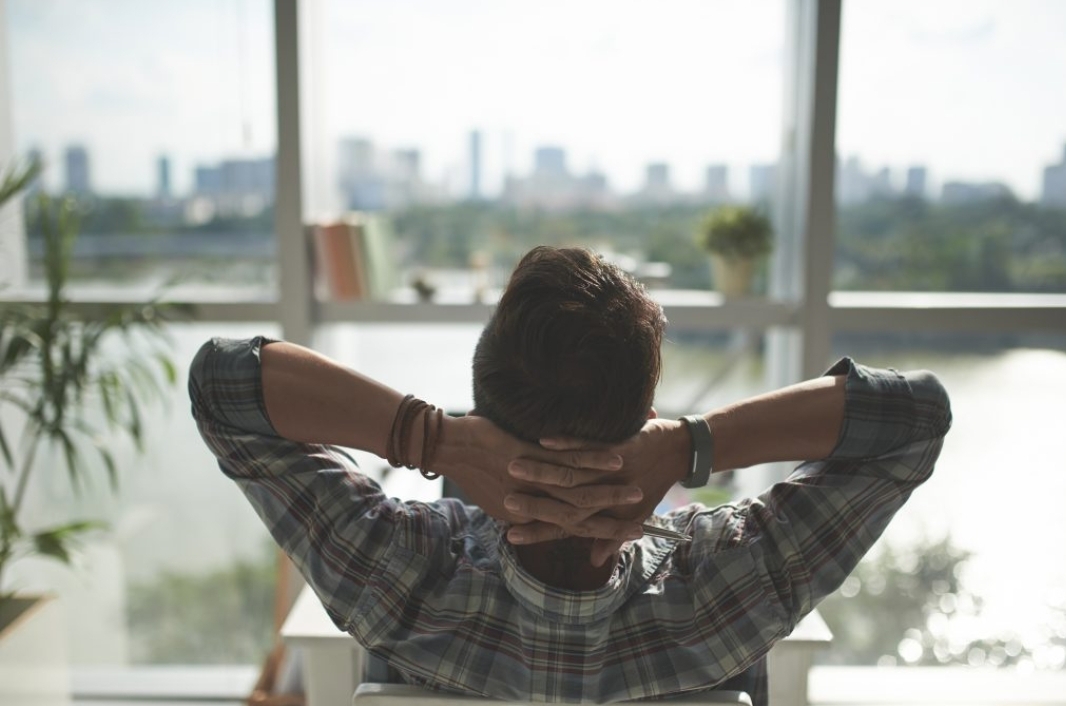In our present fast-paced world, the concept of “doing nothing” may seem counterintuitive or even lazy. However, what if I told you that the ability to do nothing is actually central to our wellbeing? In fact, mastering the art of doing nothing is a skill that can significantly enhance our mental, emotional, and physical health. At the core of this skill lies the principle of economy of energy – the notion that conserving and wisely allocating our energy resources is essential for overall wellbeing.
In a society that glorifies productivity and busyness, the idea of doing nothing can be met with skepticism or even disdain. Our culture often ties our sense of self-worth to our ability to constantly “do things” – whether it’s working long hours, juggling multiple responsibilities, or constantly striving for success. However, this relentless pursuit of productivity can take a toll on our health and happiness, leading to burnout, stress, and dissatisfaction.
The truth is, doing nothing is not synonymous with laziness or incompetence. Instead, it’s about recognizing the importance of rest, relaxation, and rejuvenation in maintaining a healthy balance in our lives. Just as our bodies need sleep to recharge and repair, our minds and spirits also require periods of rest and stillness to thrive.
Incorporating moments of doing nothing into our daily routine can have profound benefits for our overall wellbeing. Whether it’s taking a leisurely stroll in nature, meditating, or simply sitting quietly and enjoying a cup of tea, these moments of stillness allow us to recharge our batteries, clear our minds, and reconnect with ourselves on a deeper level.
However, embracing the art of doing nothing is easier said than done, especially in a culture that values constant activity and achievement. Many of us struggle with feelings of guilt or inadequacy when we’re not actively “doing something,” fearing that we’re not living up to societal expectations or measuring up to our own standards.
To overcome these barriers, it’s essential to shift our mindset and prioritize self-care and self-compassion. Instead of viewing downtime as a waste of time, we should celebrate it as an essential component of our overall wellbeing. By reframing our perspective and honoring our need for rest and relaxation, we can cultivate a greater sense of balance, fulfillment, and happiness in our lives.
The economy of energy is central to our wellbeing, and the ability to do nothing is a skill worth mastering. By embracing moments of stillness and prioritizing self-care, we can enhance our mental, emotional, and physical health, leading to a more balanced and fulfilling life. So, let’s give ourselves permission to slow down, unwind, and enjoy the simple pleasures of doing nothing. After all, sometimes the most productive thing we can do is to take a break and recharge our batteries.



Average Rating